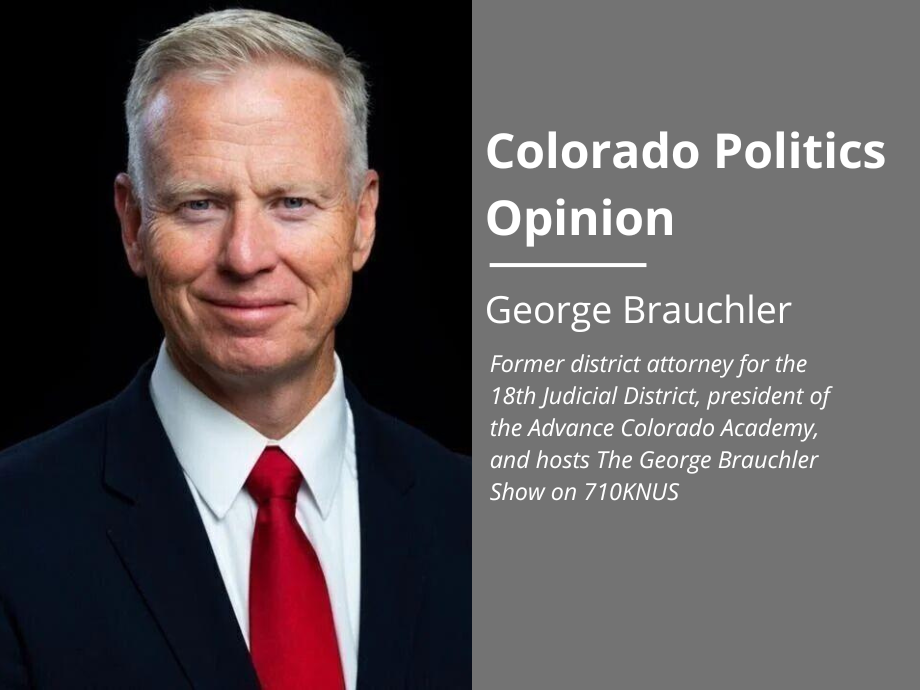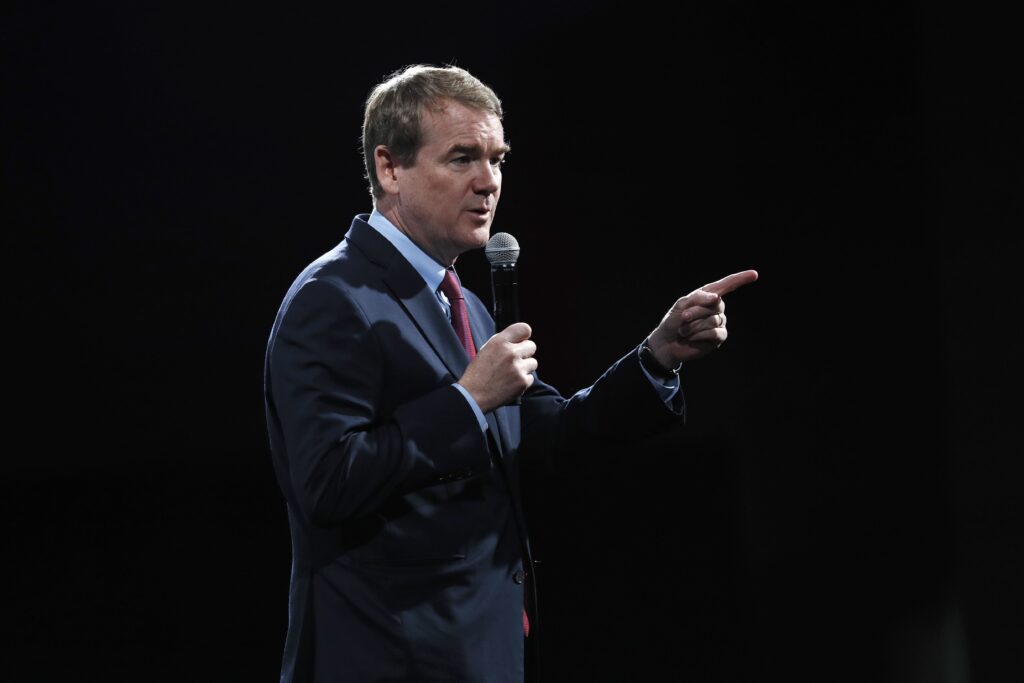AG is no prosecutor; McClain trials show it | BRAUCHLER


Earlier this week, an Adams County jury acquitted the last of the three Aurora police officers prosecuted by Attorney General Phil Weiser of killing Elijah McClain more than four years ago. In total, two juries for three defendants have unanimously rejected every one of Weiser’s hand-picked lead charges.
Weiser guided the state grand jury to indict officer Nathan Woodyard on a single count of manslaughter – and, weirdly – the lesser included charge of criminally negligent homicide. Woodyard was the officer who first went hands-on with McClain and ultimately applied the failed carotid neck hold on him that dominated Weiser’s theory of guilt. Woodyard was widely regarded as the most culpable officer, including by Weiser and the two other officers Weiser indicted with him. Those co-defendants successfully argued to the judge they deserved a separate trial from Woodyard.
After an 11-day trial, the jury took fewer than 10 hours to unanimously acquit Woodyard.
That verdict came on the heels of the trial of former officer Jason Rosenblatt, who Weiser indicted on manslaughter, criminally negligent homicide (still weird) and second degree assault – a conviction for which would have mandated five to 16 years in prison. After a two-week trial, the jury Weiser’s team picked took fewer than two days to unanimously acquit Rosenblatt.
Officer Randy Roedema was convicted of criminally negligent homicide, a lesser included, probation-eligible alternative to Weiser’s charge of manslaughter, which was rejected by every juror. Roedema was also convicted of a probation-eligible misdemeanor, instead of the mandatory prison felony pursued by Weiser.
It is a reflection of the weakness of Weiser’s case that those verdicts came after the defendants chose not to put on any case in their own defense. After two weeks of out-of-state civil lawyers (hired by Weiser from Chicago and Los Angeles) entering testimony and admitting evidence, the defendants simply rested without calling a single witness.
Stay up to speed: Sign-up for daily opinion in your inbox Monday-Friday
In response, Weiser read a statement that highlights his political approach to what should be an ethical application of the law in the pursuit of justice.
Weiser began addressing the acquittal by stating:
“Since the Governor appointed our office as special prosecutors…”
That is not quite accurate.
More than two years ago, Gov. Jared Polis “hereby issue(d) this Executive Order designating Phil Weiser, Attorney General for the State of Colorado….” That is a by-name appointment of Weiser – not just his office, because Polis declared “(t)his is a tragic and complex case that warrants close attention.”
In September 2021, before the acquittals, Weiser acknowledged “the governor appointed me….” Despite the language of that order, Weiser has been absent from the courtroom where these verdicts have been rendered.
After this week’s acquittal in Woodyard, Weiser mischaracterized Polis’s order of him as one “to investigate and hold accountable those whose actions led to the death of Elijah McClain….”
Again, that is not accurate.
“Hold accountable” is an incredibly broad term, independent of the ethical standards for prosecutors and untethered to the real and important limitations imposed by Polis’s order – and the two amending orders after it, namely: to “prosecute potential criminal activity,” but only “if the evidence permits.”
Despite pledging to be “guided by the facts,” Weiser paid for new expert opinions about existing facts. Those opinions were presented to both juries, and appear to have been rejected by each of them.
Having lost every lead charge he has pursued thus far, Weiser followed Woodyard’s acquittal by doubling down on his willingness to pursue goals not delegated to him by Polis, stating “We (the royal ‘we’?) remain undeterred in our pursuit of accountability and justice for Elijah McClain and his family and friends.” With the courtroom failures so far, any responsible prosecutor would take a pause to determine if they should be deterred by the juries’ verdicts.
Weiser distanced himself from the responsibility for the decision to prosecute these weak cases by saying he did so “to honor the grand jury’s decision,” as if his obligation is to do their bidding, instead of exercising independent prosecutorial discretion. Weiser had no trouble dismissing the grand jury’s decision to indict the defendants with counts of “crime of violence.”
Prosecutors do not – cannot – hide behind a grand jury indictment issued on the low standard of “probable cause” as the justification to present an uncertain case to a jury commanded to apply the highest legal standard – “beyond a reasonable doubt” – to paid-for evidence and a questionable theory of guilt.
The rule of law demands more. Justice cannot be obtained with less.
But there are two more cases, this time against the paramedics. Twice, Weiser’s team unsuccessfully argued to separate juries that the paramedics’ administration of the lethal dose of ketamine was the fault of the officers who misled the paramedics by failing to inform them of McClain’s condition. Weiser’s team will now pirouette and argue the opposite – that the paramedics are at fault for killing McClain by failing to conduct their own independent assessment of him before administering ketamine. Ironically – and predictably – this is the same argument that appears to have swayed the juries in the first two trials.
But the glaring issue unaddressed by Weiser in prosecuting the paramedics is this: they appeared to have engaged in medical malpractice. Doctors kill patients all the time. Deaths caused by medical mistakes is the third leading cause of death, killing more than 250,000 Americans per year. Those doctors are not criminally prosecuted for killing their patients. But here, Weiser is trying to convict paramedics of felonies with attached prison time for similar conduct.
It does not feel right. This is beginning to look less like a search for the truth, than it is a search for convictions. Elijah McClain deserved more than he got on the street that night, and more then he has gotten in court over the four years since.
George Brauchler is the former district attorney for the 18th Judicial District. He also is an Owens Early Criminal Justice Fellow at the Common Sense Institute. He hosts “The George Brauchler Show” on 710KNUS Monday through Friday from 6 a.m. to 10 a.m. Follow him on Twitter: @GeorgeBrauchler.












